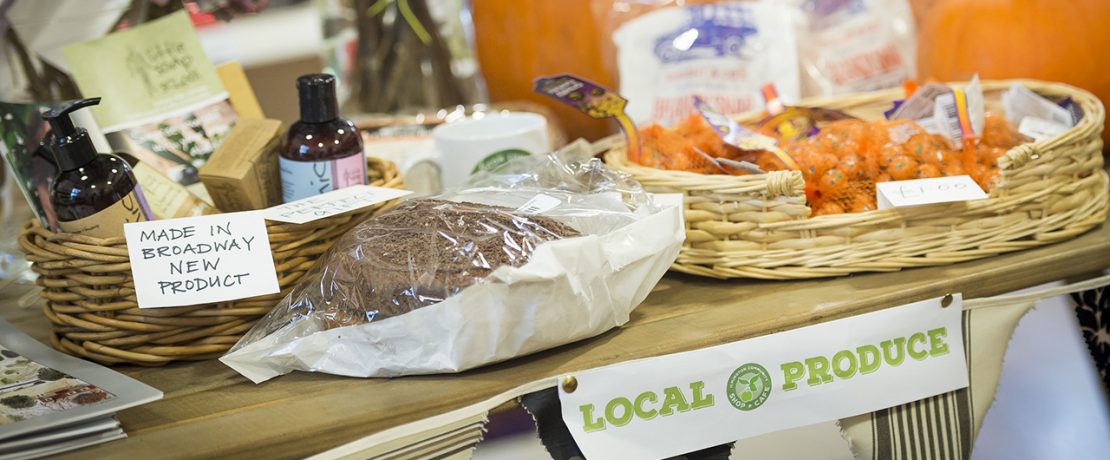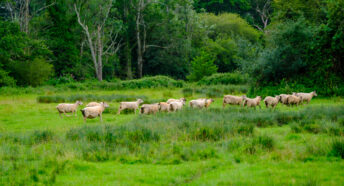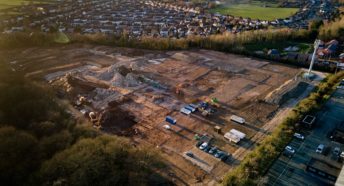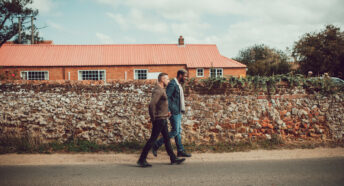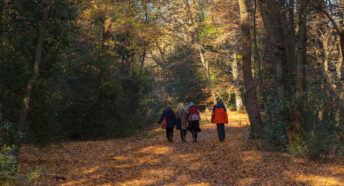Why community-led enterprises should be at the heart of the rural recovery
As we emerge from lockdown, our villages and market towns are relying on local services being able to recover and thrive. James Alcock of the Plunkett Foundation outlines how community-owned and led initiatives can help rural economy, offer more sustainable shopping choices, and provide much-needed work experience for local young people.
Covid has already led to the closure of many commercial and private services in rural communities. We’ve seen a 50% increase in the number of permanent pub closures over the year. But at Plunkett we’ve also seen a 100% increase in enquiries from communities wanting to save or set up a local pub, and a 50% increase in allocations of business support for such groups. Communities have found themselves again and reconnected in lockdown.
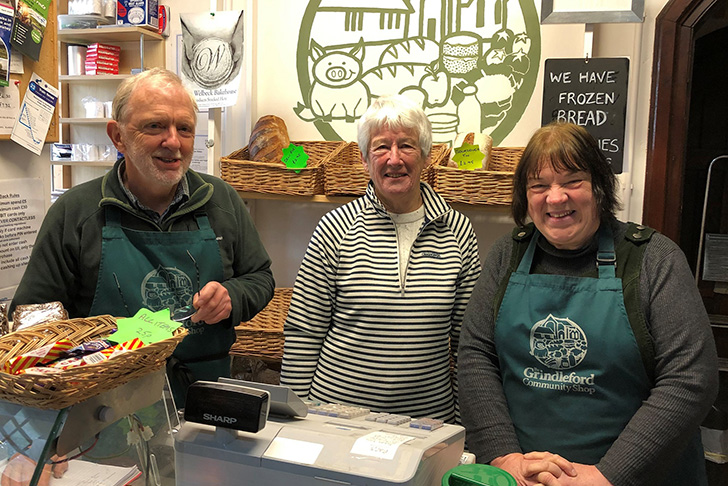
Another trigger for change is that many traditional volunteers in a village setting, who are often retirees, have had to reduce their activities because they are high risk and have needed to stay at home. That has led to a new generation of people getting involved in village life, and a real revival of community spirit across all ages over the past 12 months.
These two developments – the accelerating closure of rural services, and revival in community spirit – present us with a unique opportunity to see more community-owned services, activities and businesses becoming part of the post-Covid recovery.
Local food and supply chains
The first potential opportunity is the ‘relocalisation’ of supply chains. Too often in the countryside, local shops have closed altogether or have turned to expensive or specialist ‘artisan’ products rather than things the community really want and need. The pandemic has exposed the inadequacies of that system. Closures of traditional village shops are accelerating, but the new breed of community-owned shops, that are providing services the community really want and need, are faring better. And selling local food gives these shops a real point of difference.
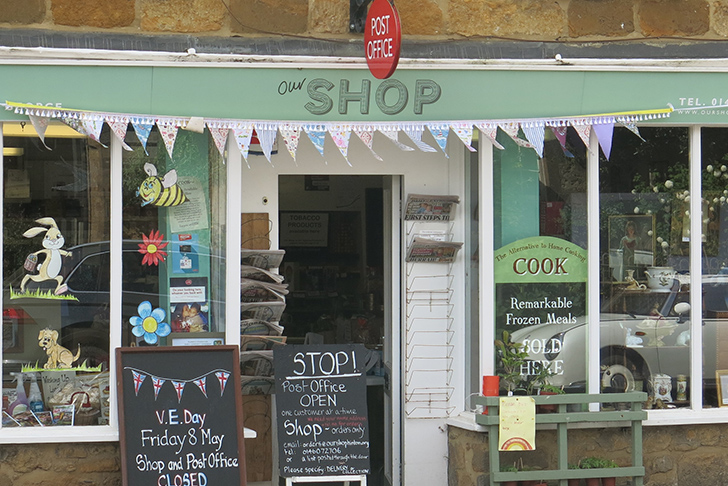
After supermarket shelves were raided by panic buyers last year, supermarkets in turn used their purchasing power to raid the wholesalers who would traditionally supply smaller local retailers – so rural shops were struggling to access food from national suppliers. That made them realise that to survive and be more resilient in future, they need to go back to their roots, reconnect with local suppliers, and give their community fresh, distinctive local food.
Reviving local economies
There’s also a real opportunity for business-to-business sales within communities to help revive local economies – not just in local food, but also in other industries that put local jobs and people first. We could see a revival of shops, post offices, cafes, pubs – not just in rural villages, but in our often overlooked market towns.
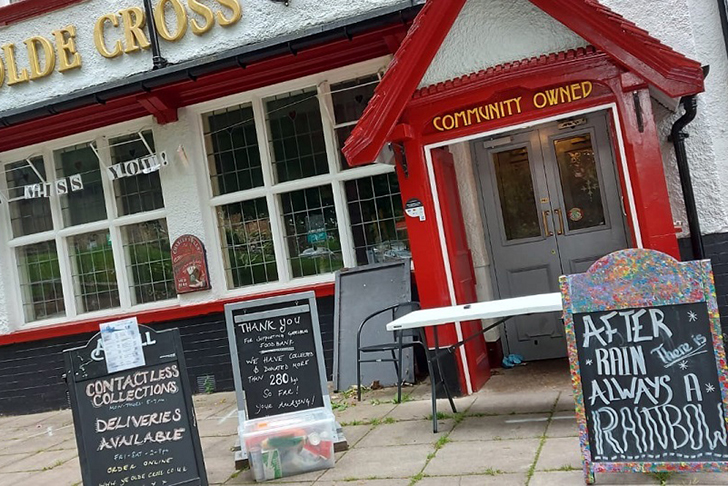
We already have some brilliant farmers’ markets in our market towns, and it would be good to see these having a more permanent presence, such as local food being sold through a farmer-owned co-op. Or to see communities coming together to purchase or lease empty properties and turning them into bakeries, butchers, delis – anything that’s taking goods and services to market and serving the local community’s real needs. This would help revitalise those spaces and bring back the sense of community.
Creating local jobs
There will undoubtedly be many economic and social challenges, post-Covid, including unemployment and lack of training for young people. Community-owned businesses provide an opportunity to harness new blood and new ideas from all sections of the community. For example, community shops that extend opening hours may attract people of all ages to volunteer and gain valuable experience.
Rather than operating solely with volunteers, many community businesses combine paid employment alongside volunteering. They can often provide meaningful work and training opportunities to people on low incomes, those who can only work limited hours due to childcare commitments or health issues, and to young adults just starting out on their careers.
Going green – and championing innovation
Community businesses are often at the forefront of implementing environmental initiatives – whether that’s a community café avoiding throwaway plastic packaging, or a village shop selling local produce with low food miles. There’s a real opportunity for community businesses to sell their fantastic green credentials to the increasing numbers of us who are looking to buy more responsibly.
There are also opportunities for community businesses to innovate technologically, and in particular, digitally. During lockdown, we saw a number of community businesses setting up online sales systems, which was a great way to continue operating without people having to come into their physical spaces.
In the longer term, this digital presence enables these businesses to broaden their customer base and connect with members of the community who won’t necessarily be around to pop into a village store between nine and five. This will allow businesses in areas with low footfall to increase sales and regularity of orders, become more viable, and compete with bigger businesses based elsewhere.
We’ve helped over 700 community businesses in the UK in the last 25 years, but we don’t see any reason why that shouldn’t turn into 7,000, and not only help to revive the rural economy post-pandemic, but to secure a lasting future too.
James Alcock is the chief executive of the Plunkett Foundation, a national charity that supports rural communities to tackle the issues they face through community business.
A version of this article was originally published in CPRE’s award-winning magazine, Countryside Voices. You’ll have Countryside Voices sent to your door three times a year, as well as access to other benefits including discounts on attraction visits and countryside kit from major high street stores when you join as a CPRE member. Join us now.
